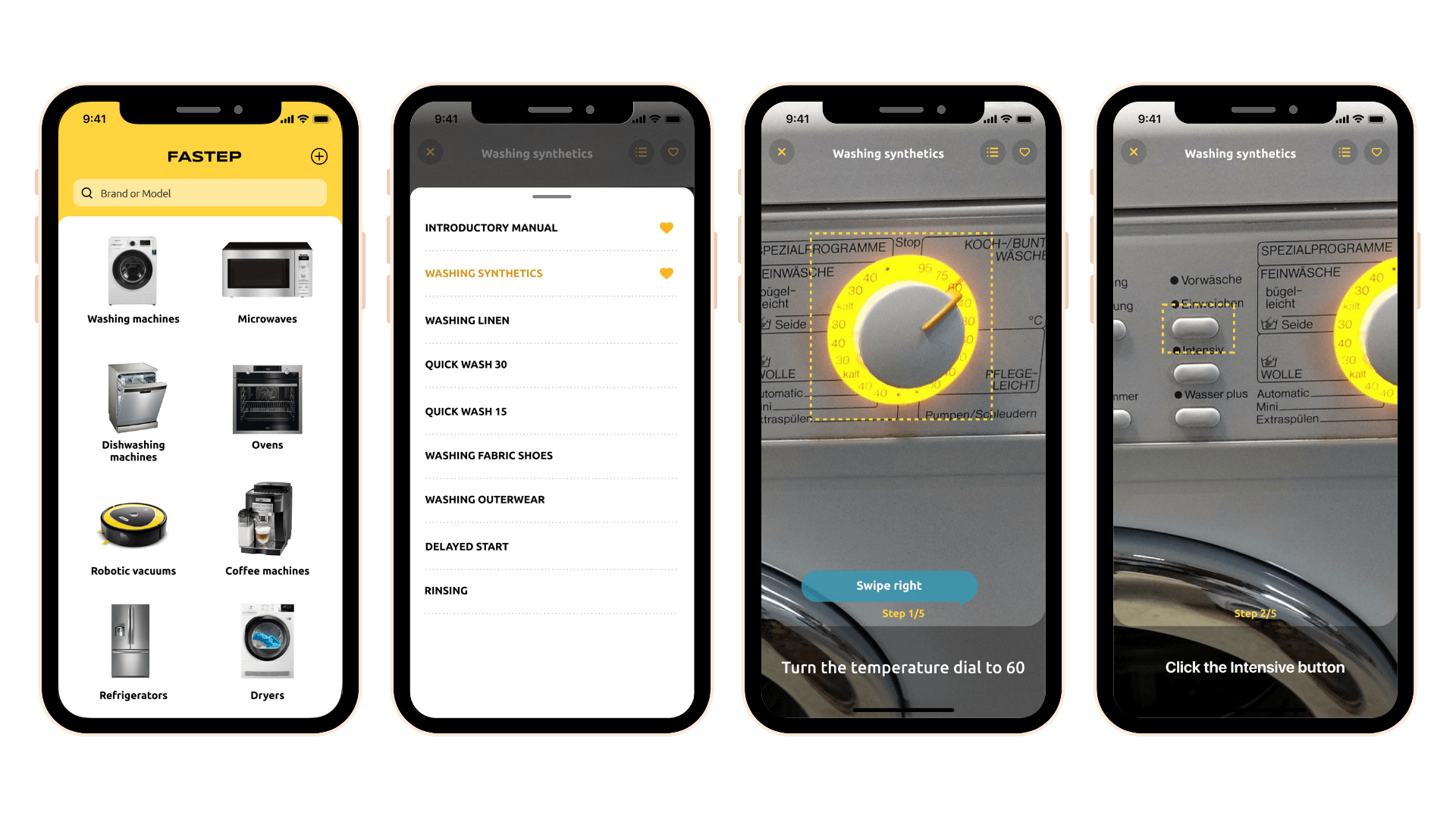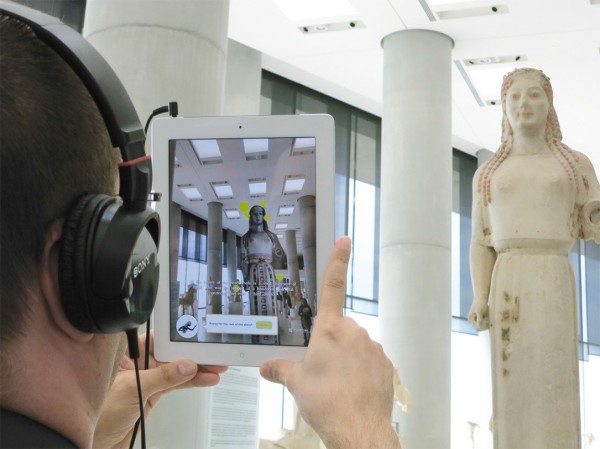4th March 2020 in 14:05
Tags: apps, FASTEP, grant, investments

02/21/2020, Russia, Krasnodar. Spider Group will get over $300,000 in funding to develop an AR guide FASTEP designed for creating household appliance manuals. The platform includes a mobile application for end-users and SDK that helps to make the manuals. The competitive grant is provided by The Foundation for Assistance to Small Innovative Enterprises (FASIE) under the Digital Economy program.
FASTEP strives to maximize user experience by showing numerous ways of interacting with household appliances while also reducing the cost of product support services. Its algorithm identifies a specific model through the phone’s camera and offers a set of step-by-step instructions from a unique catalog.
Spider Group has raised $314,000, which is the maximum amount of funding provided by FASIE in the competition. In total, FASTEP will receive $407,000, with $94,000 being the company’s own investment.

FASTEP’s key features:
- the mobile application with AR technology makes it easy to use the household appliance and industrial machinery;
- the built-in neural network identifies a device through the camera;
- the SDK serves for smooth integration with other companies’ applications.
The mobile application will be available both on Google Play and the App Store in the middle of 2020. Spider Group is currently negotiating the pilot project with household appliance retailers, distributors, and manufacturers for whom the platform will serve as the means to reduce the customer support expenses, build trusting relationships with the client, and create a new unique selling proposition (USP).
The project’s neural network algorithm was made in collaborative research with Saint Petersburg Electrotechnical University ‘LETI’.
FASTEP
FASTEP utilizes augmented reality and neural networks to provide the user with easy to follow step-by-step manuals for household appliances, electronics, and industrial machinery. Its intuitive design helps the user get the help they need anytime and anywhere regardless of their experience with a specific facility, which, in turn, increases customer loyalty and serves as a catalyst in training customer service representatives. The instructions allow for the optimal use of the appliance, reducing the risk of causing any unnecessary damage.
FASTEP is the intellectual property of Spider Group.
Spider group
Spider Group was founded in Krasnodar in 2000. The company’s portfolio contains more than 2,000 completed projects, including websites and corporate web solutions, interactive applications, projection and holographic systems, multimedia systems for international exhibitions and forums, mobile AR/VR and neural network solutions.
FASIE
The Foundation for Assistance to Small Innovative Enterprises in the Scientific and Technical Field is a non-profit initiative in the form of a federal state budgetary institution established in accordance with Decree of the Government of the Russian Federation of February 3, 1994, No. 65.
The main objectives of the fund: the implementation of the state policy of development and support in the scientific and technical sphere, the creation and development of the support infrastructure, the promotion of new jobs for the effective use of the scientific and technical potential of the Russian Federation, financial, information and other assistance, the involvement of young people in innovation, and also attracting extrabudgetary investments in the field of small innovative entrepreneurship.
The Innovation Promotion Fund provides support to small enterprises for research and development in the field of digital solutions.
17th December 2019 in 16:49
Tags: apps, AR/VR, Augmented Reality
The presentation at the Museum in the 21st Century conference, the topic of augmented reality is of great interest. We have prepared an article on the use of augmented reality in museum business. We present you the full text of the article.
Museums around the world are exploring the possibilities of new interactive technologies to attract visitors and increase their engagement. The modern IT technology market offers a variety of innovative solutions for museums: holographic screens and pyramids, virtual guides, touch kiosks, interactive stands and books. Augmented reality occupies a special place among them. The technology opens up unprecedented opportunities to reconstruct any environment, build a breathtaking visual range, and actively engage the viewer in communicating with the museum.



